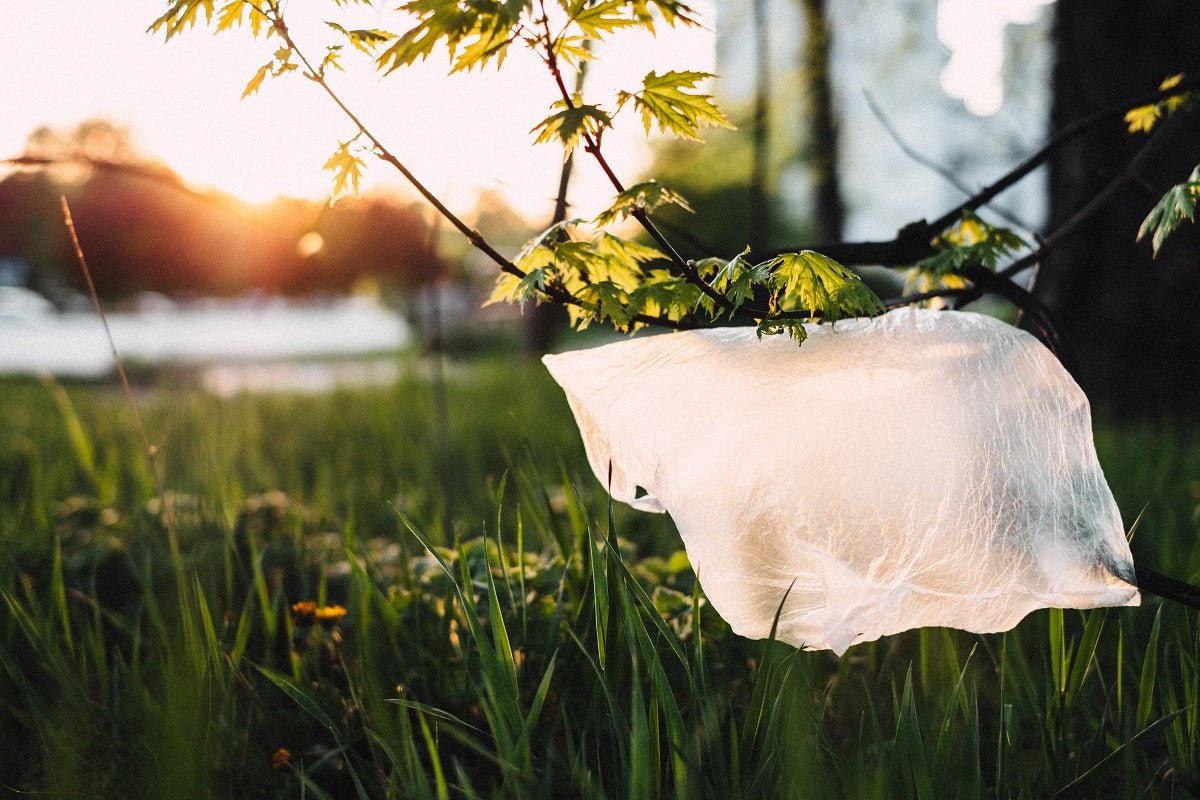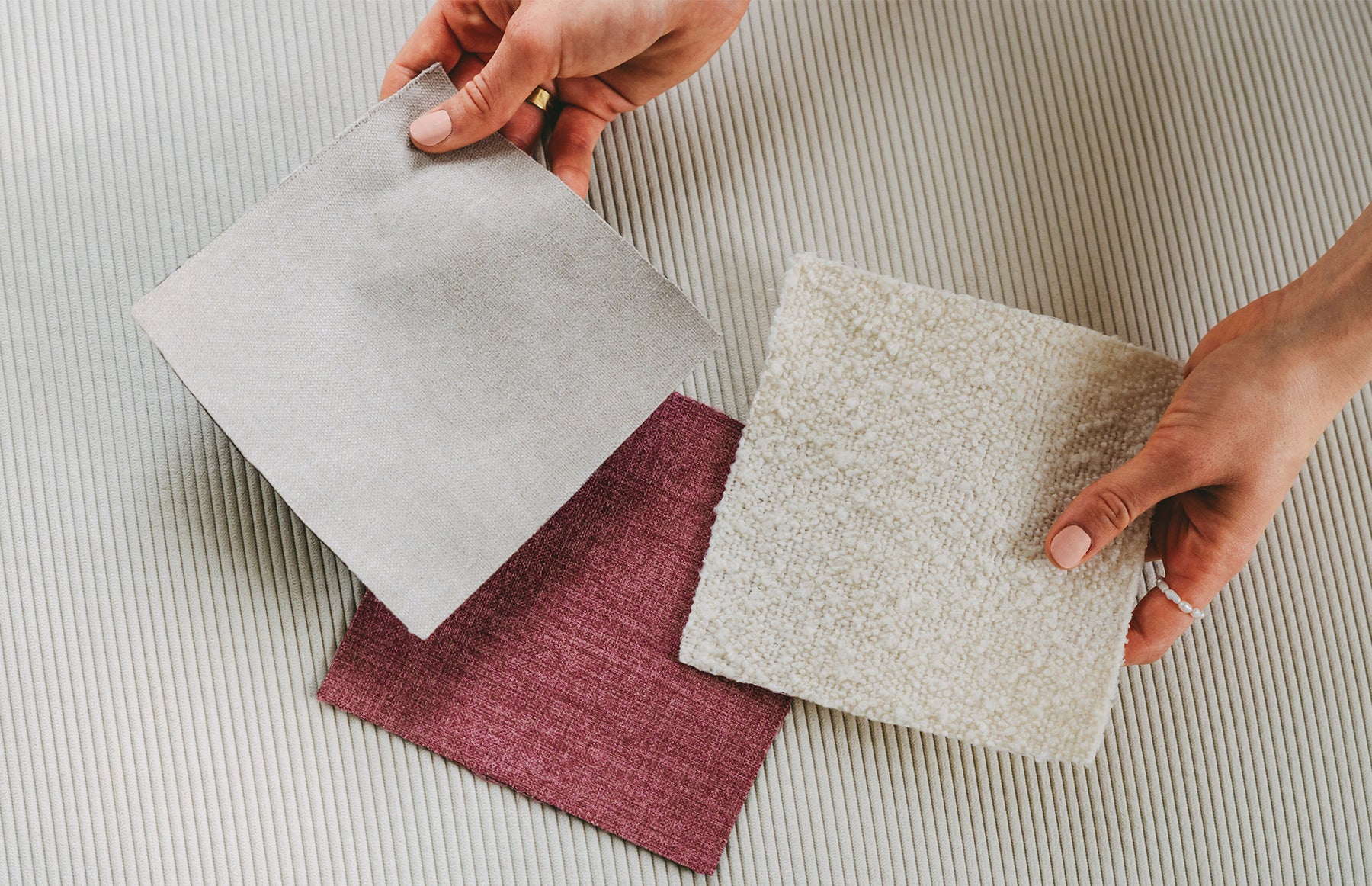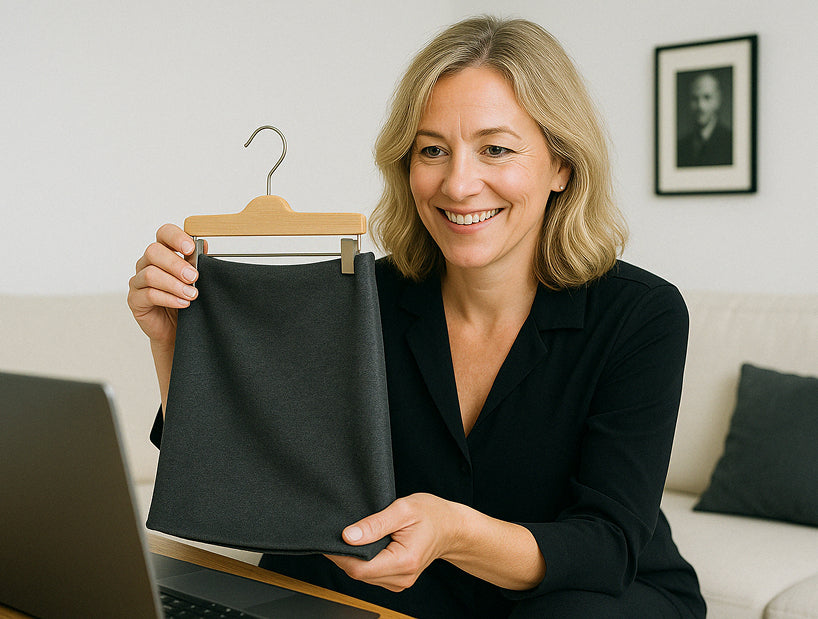Do you pay attention to sustainability in everyday life?
No matter how your answer is - let's be honest: Most of us could probably do more to reduce your footprint on our planet.
The word sustainability should not simply remain an incomprehensible buzzword. It should become a topic that you can also pay attention to in everyday life. That is why we did research for you and collected simple tips for more sustainability in everyday life.

Sustainable everyday life - you can take these tips off sofort implement
- Make the dishwasher & washing machine full
Depending on the dishwasher and washing machines can be real energy knives depending on the model. If we are already burdening the environment, it should be worthwhile at least every time. So always fill up your dishwasher and the washing machine as well as possible before you put it on.
If you also use the ECO program for both the dishwasher and the washing machine, you can save even more energy.
- Avoid the oven forecast
Did you know that you can save around 20% of electricity if you only switch on the oven when you put your dish in?
Prior to the oven is absolutely unnecessary, because this only consumes energy without the food getting anything. If you only switch on the oven when it is actually used, the baking time is extended a little, but the environment will thank you.
- Shopping bags instead of plastic bags
When shopping, there is an enormous amount of unnecessary plastic waste, not only by the packaging of the food, but also by plastic bags, into which the purchase is then packed.
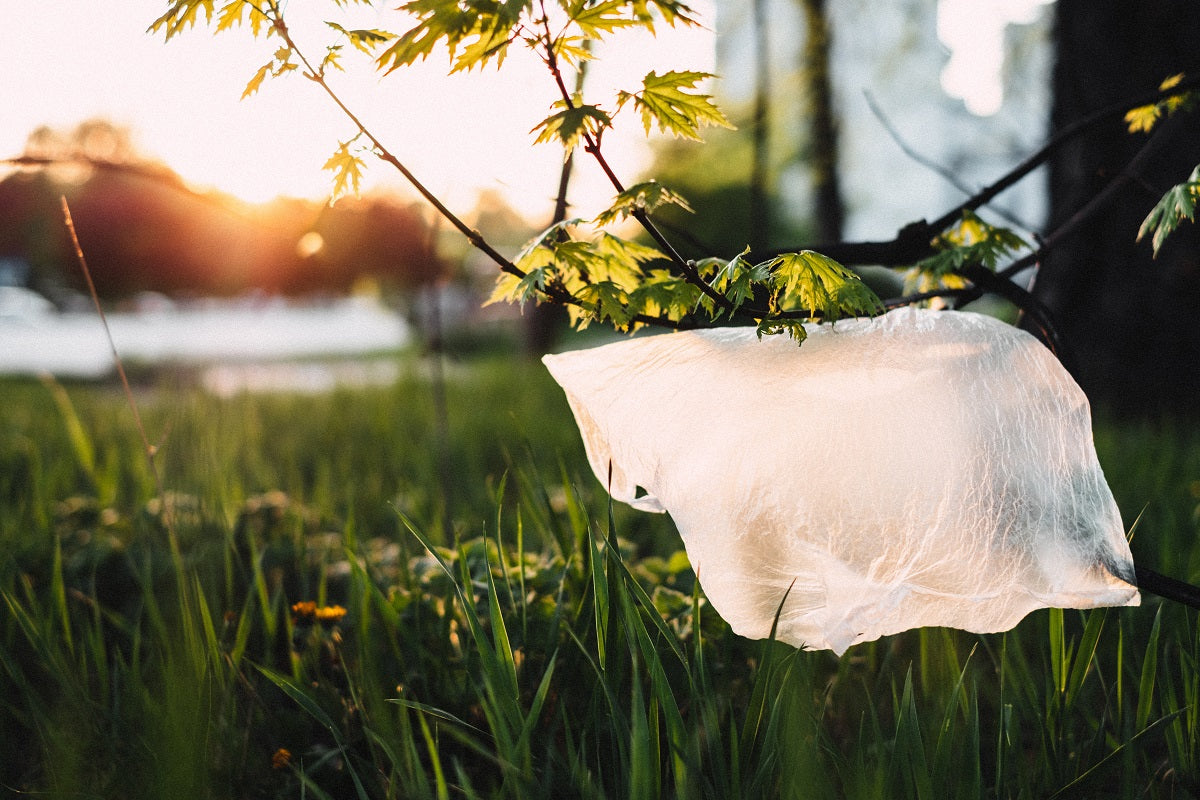
Admittedly, more and more people can be seen here with us who are already relying on reusable bags, backpacks or trolleys - but unfortunately, here, too, plastic bags are still not completely disappeared.
So get a practical bag or another reusable bag for your future purchases.
- Plan your purchase
A very simple tip, which is often underestimated: Look at your supplies before making your purchase.
If you know what you need and plan your purchase, you can avoid food grinders much better. An additional insider tip: don't go shopping hungry because you are not you if you are hungry. Then it is happy to be exaggerated and you probably just buy everything that “glows” you.
- Regional & seasonal shopping
If you eat regionally and seasonally, not only does something good for the environment, but also your health and your wallet. Yes, we also like to have an avocado or a sweet pineapple from time to time, but unfortunately they don't grow in Switzerland.
In addition, many of these products need a lot of water to be grown at all. In the cultivation areas, however, the water is often scarce. The tons of CO2 that are used for transport also make it anything but sustainable.
Let us prefer to concentrate more on our regional and seasonal food. Our apples in all variations, the sweet cherries, strawberries and our plums are also unbeatable, aren't they?
- Avoid receipts
Whether when shopping or after dinner in the restaurant: we are often asked if we want a receipt. But honestly, how often have you accepted them and thrown directly into the trash at home?
So simply do without it in the future and announce this in advance, otherwise receipts will be put into your hand.
- Glass instead of plastic
Reducing plastic is incredibly important when it comes to living more sustainably.
If you have the choice between glass and plastic when shopping, choose glass in the future. You can tend to use glass more often, which makes it more environmentally friendly. In addition, you will not find any pollutants in glass, in contrast to plastic.
- Question the textile industry
Pretty much everyone should be clear that it is dirty in the textile industry. For the dresses that we can buy in the known Fast Fashion Shops, children sometimes work in inhumane circumstances, without protection against dangerous chemicals and for a measly hunger wages.
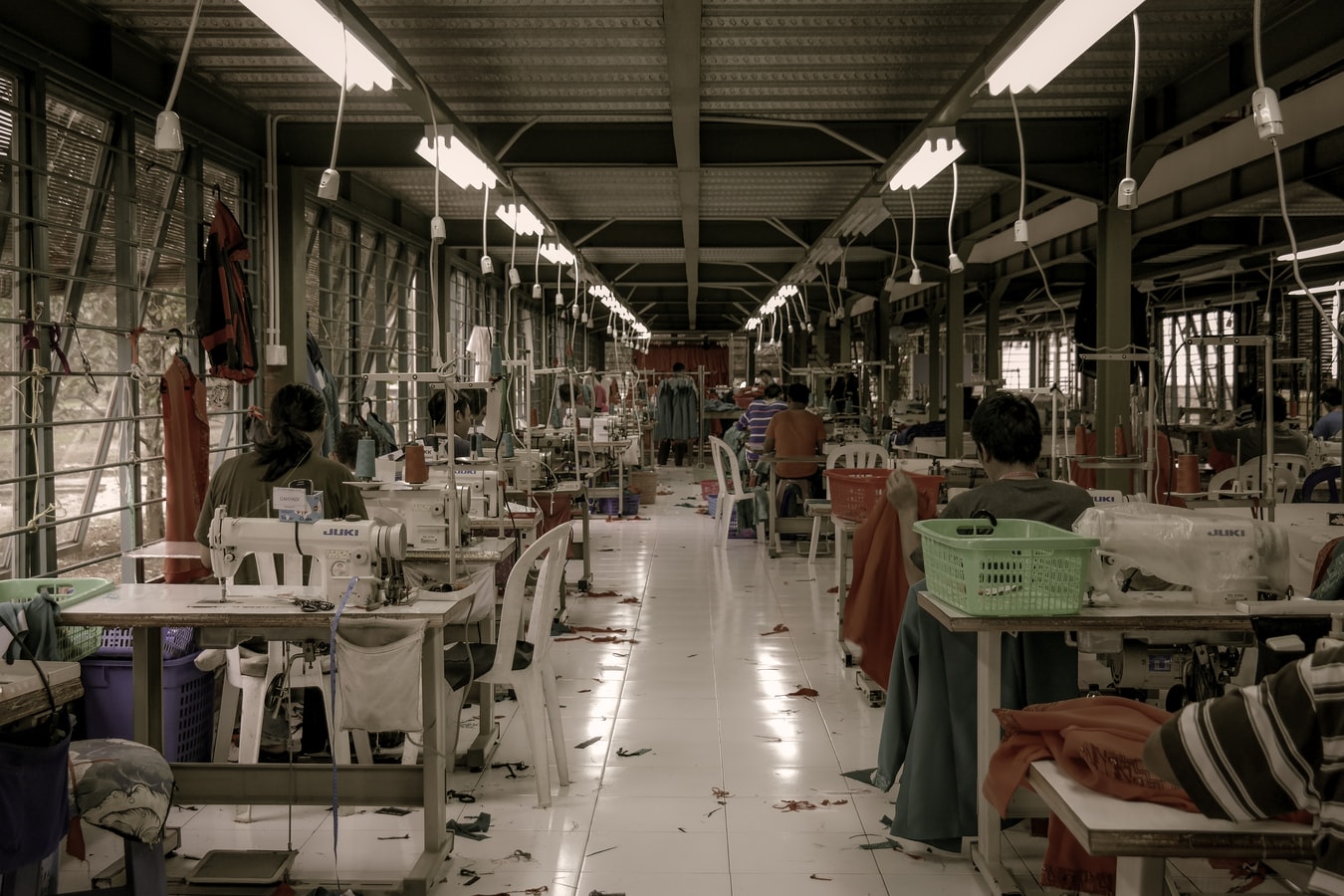
If you want to buy more sustainable clothing, there are some alternatives. There is already a large selection of beautiful clothing from fair brands that produce sustainably and show themselves completely transparently. If you want to go one step further, just buy a second hand or organize an exchange of clothes - there are also more and more options in this area.
Live sustainably with the right furniture
The world of design and furniture is currently changing and Livom is with a sustainable selection Sofas, Tables, Chairs and Outdoor furniture in the middle. That is why of course we also have tips for you in the area of living & furniture.
- Pay attention to the origin of the materials
Trees are felled - we don't have as much influence on that as we might want.
Unfortunately, today you will find a large selection of furniture made of tropical woods that have a sustainability seal in furniture stores today. However, the sustainable extraction of tropical wood is an invention.
So why buy a table made of tropical wood when you can also have beautiful furniture from local tree species?
- Durable is sustainable
Everyone needs furniture to live and live is important to us. Unfortunately, too often, only the price of the furniture and other factors are neglected.
We all had our experiences with cheap furniture. Regardless of whether holes that have been drilled wrongly, sofas that are quickly seased or wardrobes that have to be disposed of the first time: cheap furniture often causes us in trouble.
A big problem is that cheap furniture has poor quality and therefore do not last as long as quality furniture. It makes a difference whether you have to buy a new wardrobe every three years or whether it easily lasts for 15 years. In the end, it is therefore worth spending a little more money than having to buy again.
Now it's your turn
You saw: Actually, it is not that difficult to live more sustainably in everyday life. We can easily implement most tips in our everyday life. We just have to take everyone on our noses and pay more attention to how we live and consume.
With the Footprint calculator For example, from WWF you can easily calculate your ecological footprint. This test also showed us that there is still a catch -up requirement in terms of sustainability in everyday life - but Nobody is Perfect, right?
We are far from perfect. However, since we deal with the topic every day, we also try to adapt our behavior step by step and to make sure that they are more climate -friendly.
What do you do to live a little more sustainably in everyday life? Let us know! 😊



